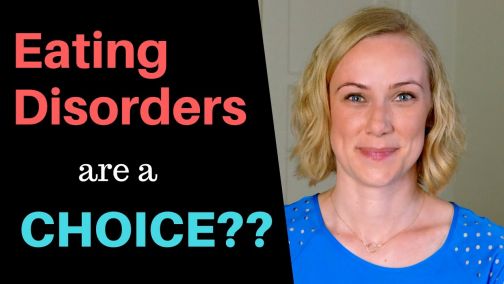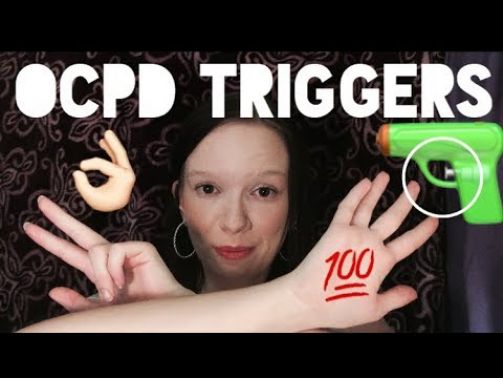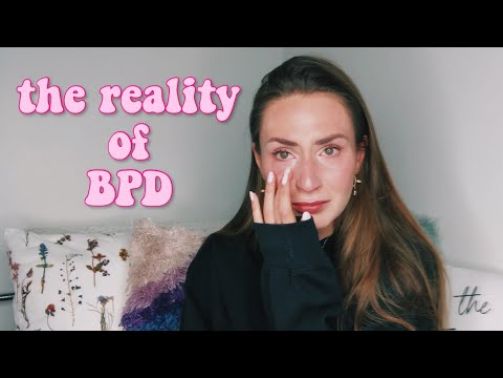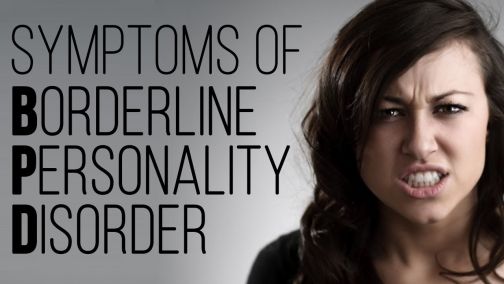Comorbidity and OCD
What is Comorbidity?
Comorbidity means that you have more than one chronic disease or condition at the same time. The overlapping conditions can be both mental and physical in nature. For instance, having anxiety and depression, or having diabetes and anxiety. Comorbidity also implies interactions between the illnesses that have the potential to make both of them worse. In other words, symptoms from one impact the other, and vice versa. Comorbidity is so common that about 50% of people with one disorder meet criteria for a second disorder.

What is Comorbidity?
Dr. Phillipson defines and discusses comorbidity.
How Does it Relate to OCD?
Many people with Obsessive Compulsive Disorder (OCD) have another disorder as well. Some of the common comorbidities that overlap with OCD are depression and anxiety spectrum disorders like panic disorder, panic attacks, generalized anxiety disorder (GAD), eating disorders, body dysmorphic disorder (BDD) and features of perfectionism.
Let’s break these down one-by-one…
OCD & Depression
We all get sad. Problems at work, home and in personal relationships have the potential to make us feel scared, lonely, angry and tired. However, for those diagnosed with depression, this “low” is much more severe and much more common.
About 60% of OCD sufferers have at least one major depressive episode in their lives. And for many, this depression is ongoing. Depression is also more common in women than in men because of changing hormone levels. In fact, women are 3 times more likely to be depressed than men are. While OCD and depression commonly overlap, depression tends to be secondary to a person’s OCD. This means that symptoms of OCD often cause depression, instead of the other way around. Because OCD sufferers spend so much time trying to escape their condition (i.e. constant questioning, avoidance, social withdrawal, etc.) they are at a high risk of having their OCD behaviors trigger depression.
Distinguishing between OCD and depression can be very difficult. If you’re confused and concerned, consult a professional. Do not isolate yourself and do not feel afraid to open up to others. You may think that no one will understand, but they will.
OCD & Low Self-Esteem
Caring about how the world perceives you is common. Feeling embarrassed about something you said, did, or thought doesn’t need to mean you have a disorder. However, for OCD sufferers, this constant anxiety over the nature of your character can be debilitating. Many people with OCD think that their intrusive thoughts define them and are a reflection of who they are. They obsess over being a “bad person.”
Thinking this way can lead to the illusion of low self-esteem, which is a common comorbid aspect of OCD. It’s important to understand that the illusion of low self-esteem is completely separate from your character. If you buy into the idea of “good versus bad,” your brain is always going to find evidence that you’re a bad person. Remember: This isn’t true. You are not your intrusive thoughts. They do not define you.
OCD & Generalized Anxiety Disorder
There’s a huge overlap — and sometimes confusion — between generalized anxiety disorder (GAD) and OCD. The difference between the two is simple: With GAD, the fears tend to be rooted in reality, whereas with OCD, the fears are not as realistic.
- Generalized anxiety disorder often sounds like: Am I going to lose my job? Will my boyfriend or girlfriend leave me? What if I wore the wrong color dress to work today?
- OCD often sounds like: Is there AIDS on the doorknob? Could I get pregnant from sitting on a toilet seat? Could I get herpes from touching a wall?
When people experience GAD and OCD, the worries take the theme of whatever is emotionally relevant to that person. Both GAD and OCD can be treated with the same techniques. It’s not as important to determine which thoughts are caused by GAD and which are caused by OCD. It’s more important to target the specific fears.
OCD & Panic Attacks or Panic Disorder
Panic disorder is an anxiety disorder in which a person experiences sudden panic attacks. Many times, they appear totally out of the blue. 1 in 10 adults in the U.S. have a panic attack each year, and about 1/3 of adults have a panic attack in their lifetime. This does not mean they have panic disorder. Only 3% of adults have the disorder and for them, attacks are far more frequent. Out of this 3%, it is more common in women than in men.
The overlap between OCD and panic disorder can be confusing. Many OCD sufferers experience panic attacks or panic attack symptoms — sweaty palms, rapid heartbeat, racing thoughts, dizziness, weakness in limbs, and so on. They may also feel like they’re having an out-of-body experience. This is known as dissociation. These sensations, or full blown attacks, might last 5-10 minutes and can linger for hours.
Doctors still don’t fully know what causes panic attacks, and individual triggers vary greatly from person to person. It’s possible that people with panic disorder are very sensitive in responding to fear, making this a common overlap with OCD. If you’re suffering from frequent panic attacks, consult a doctor.
Body Dysmorphic Disorder (BDD) & Borderline Personality Disorder (BPD)
Body Dysmorphic Disorder is an anxiety disorder in which people spend a considerable amount of time worrying about an imagined, or minor, flaw in their looks. They obsess over their features, such as their nose or a scar, and become consumed with anxiety about how people perceive them.
These thoughts seep into other aspects of life like social activities, dating and work. They can make daily tasks nearly impossible to complete. BDD can affect anyone. Research suggests that it impacts 1 in 200 people, although no exact number is known.
People with BDD may also show signs of Borderline Personality Disorder (BPD). This is a common condition that affects roughly 14 million Americans at some point in their lifetime.
BPD is characterized by unstable moods, behavior and relationships. It’s hard to say what causes BPD. A clinician makes the diagnosis based on individual symptoms, such as emotional instability, feelings of worthlessness, insecurity, impulsivity and impaired social relationships.
BDD with BPD can make treatment slow and difficult. A sufferer is dealing with a rigidity in personality as well as anxiety. Just remember, you’re not alone and recovery is possible.
OCD & Eating Disorders
OCD and food are a complicated pair. It’s extremely common for obsessions to impact how and what you eat. Put simply, an eating disorder is a range of psychological disorders characterized by abnormal or disturbed eating habits. They come in many different forms: binging, purging, night eating, anorexia, bulimia and so on. All of these disorders involve an obsession in which food is the centerpiece. Sufferers experience extreme emotions, attitudes and behaviors surrounding their weight and the quality of what they eat.
Eating disorders have an ego syntonic component. This means that their behavior is in-line with how they think. For example, many people with eating disorders want to be skinny, so their behaviors are a means of getting there. Ego dystonic means behavior and thinking are not in-line. For example, many people with depression do not want to be sad, but they are.
It’s harder to treat ego syntonic disorders because sufferers tend to want the affects that come with having them. That said, treatment is available and highly recommended.
OCD & Perfectionism
As with most habits, perfectionism can be beneficial in doses. However, constantly striving for perfection can be distracting in everyday scenarios.
Perfectionism is not a diagnosable mental condition. Rather, it is a term that represents a range of behaviors or characteristics. Many people with OCD display perfectionist behavior. They may re-do work over and over again in fears that it isn’t good enough. They may stay at the office until late hours of the night so others know they are committed. They may be extremely defensive when criticized because it threatens to expose potential flaws. They often have inflexible thinking and stubbornness toward standards for themselves and others.
If perfectionism is a noticeable manifestation of your OCD, seek advice from a professional.
From the Community
Support our work
We’re on a mission to change how the world perceives mental health.






